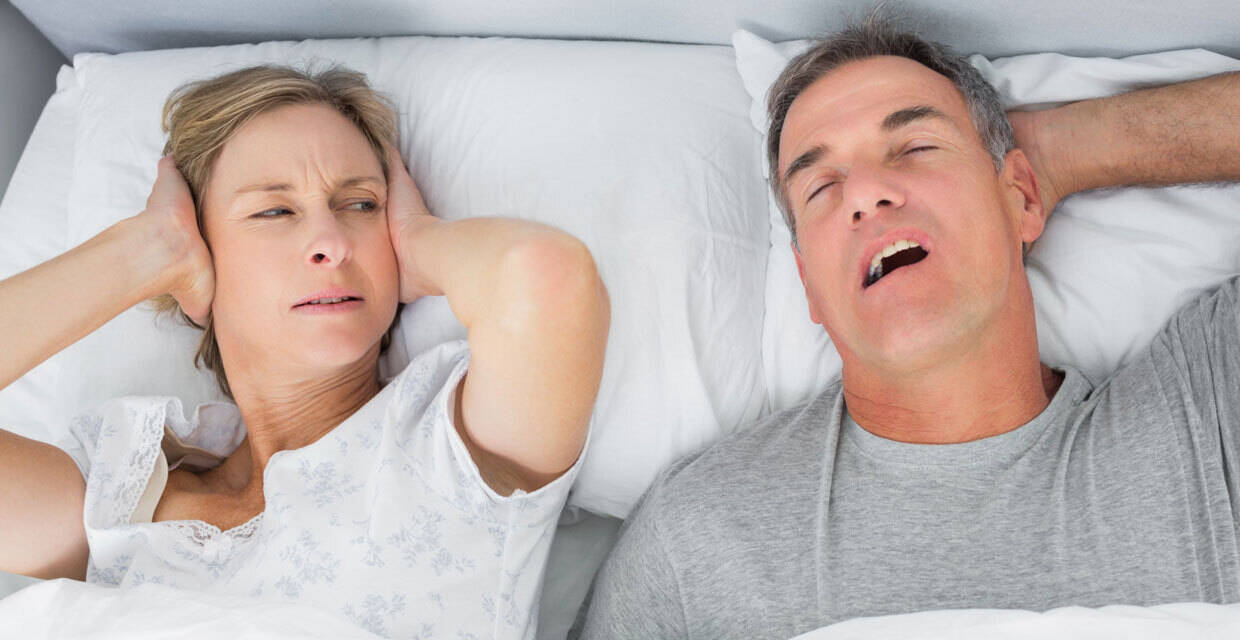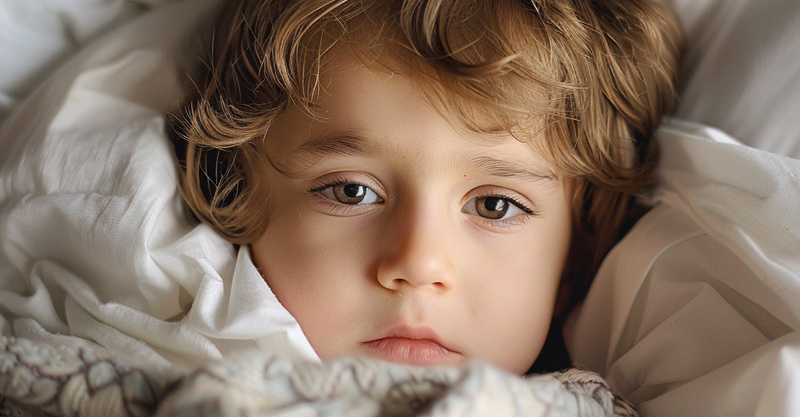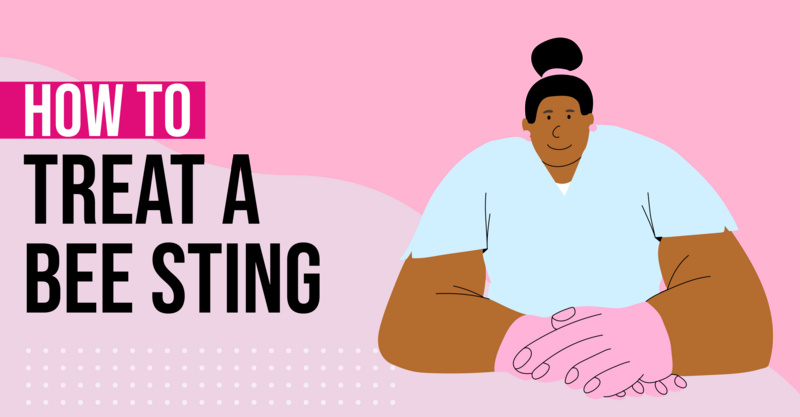Key Points
- Snoring is common, affecting 30% of people aged 30 and older. It can be caused by obstructed nasal airways, bulky throat tissues, alcohol consumption, and sleep apnea, which is a serious condition that interrupts breathing during sleep.
- Sleep apnea can affect anyone but is more prevalent in people over 40, those with large tonsils, tongues, or necks, men, and overweight individuals.
- Symptoms of obstructive sleep apnea include pauses in snoring and breathing followed by gasps of breath, loud snoring throughout the night, and daytime tiredness. Central sleep apnea symptoms include frequent waking up and urination during the night, daytime tiredness, morning headaches, poor memory, and mood problems.
- If you suspect you have sleep apnea due to your snoring, it's recommended to consult with a doctor or visit an urgent care center for an initial consultation. They can help determine if a sleep specialist appointment and sleep tests are necessary.
- Even if your snoring isn't caused by sleep apnea, medical professionals at urgent care centers can provide advice on how to reduce snoring and improve sleep quality.
According to Statistic Brain, 30 percent of those 30 and older snore, and as the age increases, so does the percentage. Could your snoring be a sign of something more serious?
What Causes Snoring?
Let’s start by looking at common causes of snoring:
- Obstructed nasal airways: If your snoring is intermittent, it could be caused by seasonal allergies or a cold that causes congestion and blocks airways in the nasal passage.
- Bulky throat tissues: This is often caused by large tonsils and adenoids (especially in kids).
- Alcohol consumption: Drinking too many alcoholic beverages before bedtime can cause the throat to relax causing blocked airways.
- Sleep apnea: A serious condition, sleep apnea causes you to actually stop breathing for short periods, causing your body to not get enough oxygen and to not feel well rested. There are two main types:
- Obstructive sleep apnea that is caused by relaxed throat muscles.
- Central sleep apnea caused by improper signals from your brain.
Who Is at Risk for Sleep Apnea?
Though sleep apnea can happen to anyone at any age, there are some who are more at risk than others. They especially include those with the following traits:
- Over 40
- Large tonsils
- Large tongue
- Large neck (16 inches or more for women and 17 inches or more for men)
- Male
- Overweight
How Can I Tell if I Have Sleep Apnea?
If you’re worried that your snoring is a sign of sleep apnea, there are a few symptoms you can watch out for.
Symptoms of Obstructive Sleep Apnea
- Pauses in snoring and breathing followed by gasps of breath. Since you may not be aware of this, see if someone can stay with you while you sleep to observe. Alternatively, record yourself sleeping and see if that happens, especially since you might not wake up when these episodes occur. You could also set up a camera to record yourself sleeping (such as one that can see infrared light).
- Loud snoring that persists throughout the night.
- Being tired during the day, despite getting proper sleep consistently every night.
Symptoms of Central Sleep Apnea
- Waking up often throughout the night.
- Feeling the need to pee often during the night.
- Being tired during the day.
- Waking up with a headache early in the morning.
- Having a poor memory.
- Mood problems.
What Should I Do if I Suspect Sleep Apnea?
If you think you are concerned about your snoring, the best thing to do is to make an appointment with your doctor. If you’re concerned and do not want to wait till your doctor has an opening, an urgent care center is a great way to get some answers sooner rather than later.
Doctors and PAs at walk-in clinics can help determine through an initial consultation whether it’s worth it for you to make an appointment with a sleep specialist and possibly perform a nocturnal polysomnography or an at-home sleep test, which can confirm the diagnosis.
Even if you find that it’s not sleep apnea, you may get help at an urgent care for what you can do to reduce your snoring and get a more restful sleep.
Frequently asked questions
What are the common causes of snoring?
The common causes of snoring include obstructed nasal airways, often due to seasonal allergies or a cold, bulky throat tissues, often caused by large tonsils and adenoids, alcohol consumption, which can cause the throat to relax and block airways, and sleep apnea, a serious condition where you stop breathing for short periods.Who is more at risk for sleep apnea?
Though sleep apnea can happen to anyone at any age, some people are more at risk than others. These include people who are over 40, have large tonsils, a large tongue, a large neck, are male, or overweight.How can I identify if I have sleep apnea?
If you suspect your snoring is a sign of sleep apnea, look for symptoms such as pauses in snoring and breathing followed by gasps of breath, loud snoring that persists throughout the night, or feeling tired during the day despite getting proper sleep.What are the symptoms of obstructive sleep apnea?
Symptoms of obstructive sleep apnea include pauses in snoring and breathing followed by gasps of breath, loud snoring that persists throughout the night, and feeling tired during the day despite getting proper sleep.What are the symptoms of central sleep apnea?
Symptoms of central sleep apnea include waking up often throughout the night, feeling the need to pee often during the night, being tired during the day, waking up with a headache early in the morning, having a poor memory, and mood problems.What should I do if I suspect I have sleep apnea?
If you suspect you have sleep apnea, the best thing to do is to make an appointment with your doctor. If you can't wait for an appointment, an urgent care center can provide initial consultation and possibly perform a nocturnal polysomnography or an at-home sleep test to confirm the diagnosis.Can alcohol consumption cause snoring?
Yes, drinking too many alcoholic beverages before bedtime can cause the throat to relax, leading to blocked airways and snoring.Can snoring be a sign of something more serious?
Yes, snoring can be a sign of a more serious condition such as sleep apnea, where you stop breathing for short periods. This can cause your body to not get enough oxygen and to not feel well rested.


 LinkedIn
LinkedIn









